There's a moment every digital nomad hits—staring at a suitcase, trying to fit their life inside. It's the moment where lifestyle meets philosophy. And for me, that moment was an epiphany; it made me realize that minimalism isn't just a travel strategy—it's both a mindset and a way of life.”
When you're always on the move, every item you carry matters. There's no room for “just in case” outfits or sentimental trinkets. The digital nomad life forces clarity and choices. You stop asking, “What should I pack?” and start asking, “What do I really need?”
That shift spills into everything—how you spend your time, the people you surround yourself with, and even your work habits. Less becomes not only enough but ideal. Travel minimalism is really about optimizing for freedom: less stuff, fewer distractions, more experiences.
And the mental declutter is just as powerful. A lighter bag often reflects a lighter mind.
My Two-Bag Approach: What Fits & What I Leave Behind
For years, I pared down my “life kit” to a carry-on roller and a suitcase. The result? A liberating kind of discipline.
Here's what typically makes the cut:
- Laptop, chargers, portable Wi-Fi, noise-canceling headphones, a Kindle, and all the tech I need to work from anywhere.
- Capsule wardrobe built around versatile, quick-dry, wrinkle-free basics. One good pair of walking shoes, one outfit for a polished look, and my go-to cozy travel wrap.
- Essentials: A reusable water bottle, compact toiletry kit, and a few self-care items that make anywhere feel like home (hello, mini essential oil roller and workout rubber bands).
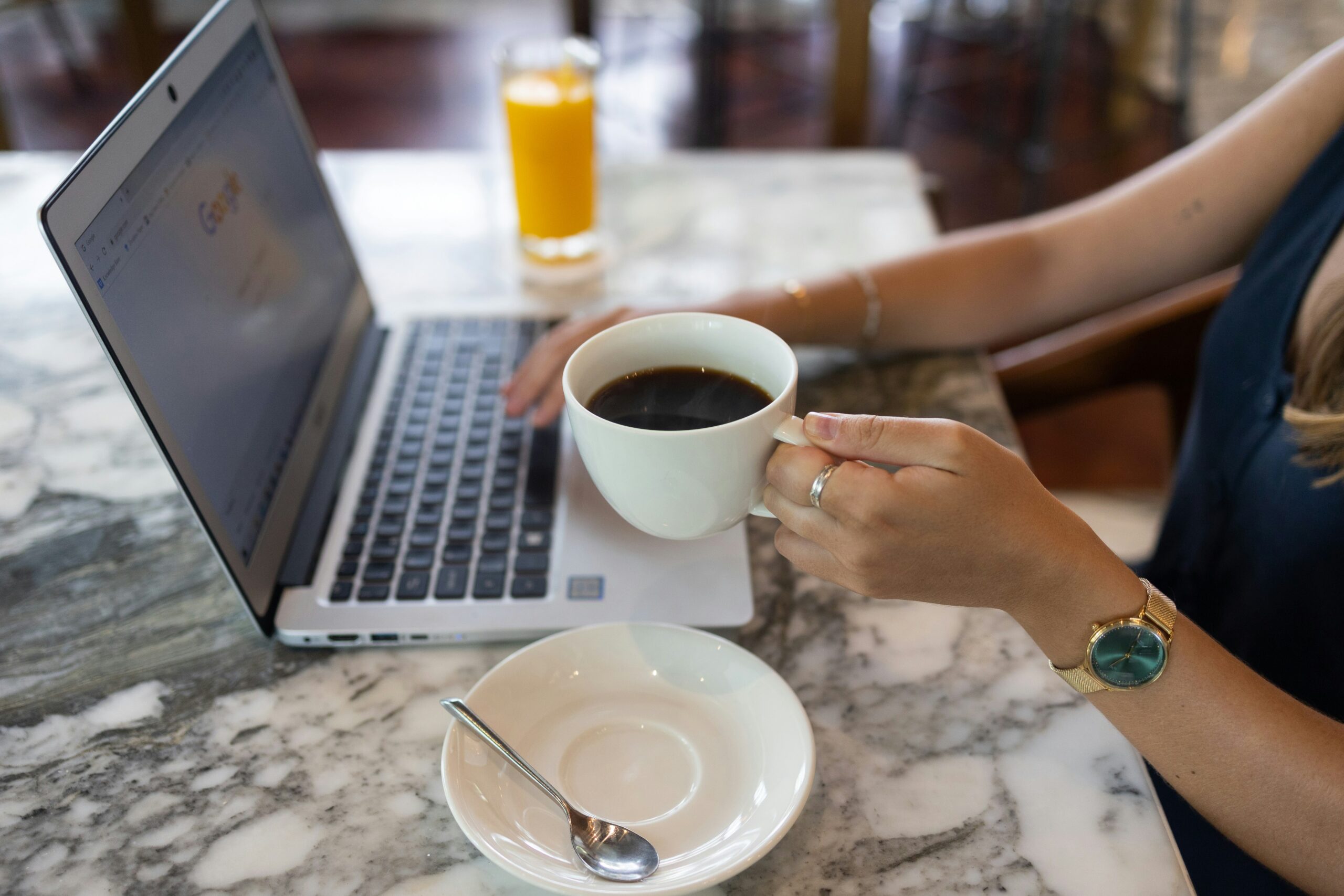
What doesn't make the cut anymore? Jeans I never wore, books I told myself I'd read, “emergency” accessories, bulky beauty items, and basically anything that didn't serve multiple purposes.
Letting go of excess wasn't just practical—it was symbolic. It marked a choice to carry only what supports my life, not what slows it down.
The Emotional Upside: Freedom, Spontaneity & Social Connection
One of the best gifts of this lifestyle? Freedom. The kind of freedom you feel deep in your chest when you realize you can change environments on a whim.
I've been loving the freedom—being able to make plans on the spur of the moment, meet new people, and visit dear friends who live abroad. There's something exhilarating about waking up in one country and falling asleep in another, or deciding at breakfast where you should go next.
One of the most special experiences? Being able to spend time in New York at my favorite times of the year: Christmas and the Fourth of July. I didn't have to plan a year ahead or book vacation time. I just went. That kind of access to the places that matter most to you is priceless.
Minimalism makes that possible. Fewer possessions mean fewer attachments, and fewer attachments mean more spontaneity. You're not weighed down, literally or emotionally. Then there's the unexpected social benefit: nomad communities are everywhere. From co-working spaces to incredible rooftops, I've met amazing people simply by being out there—unburdened and open to connection.
The Challenges: Routine, Adaptation & Mental Resilience
Of course, it's not all hammock selfies and cappuccinos with a view. Sometimes, it can be challenging to maintain a regular routine. Just as you get into a groove, it's time to move again. That gym you loved? Gone. That perfect little café for deep work? Not in the next city.
The real challenge is having to adapt to a new environment over and over. On one hand, it can be depleting; everything from grocery shopping to finding Wi-Fi can feel like a puzzle. On the other hand, it's made me incredibly adaptable.
Every new city has taught me to lean into discomfort, to find structure within chaos, and to trust myself to rebuild a sense of “home” wherever I land. But mental fatigue is real. That's why having internal rituals—such as excercising, taking digital detox hours, or going for long walks—becomes crucial. They're the constants in a sea of change.
Tips for Staying Organized, Adaptable & Balanced on the Road
Here are the small but mighty systems I rely on to stay grounded:
- Digital anchors – Use Notion or Evernote to track habits, goals, and to-dos. Keeps your life organized across time zones.
- Micro-routines – Start your day the same way, wherever you are. For me, that's lemon water, a stretch, and at least 20 minutes of quiet reading.
- Adaptation days – Always build in one “admin day” when arriving somewhere new. Use it to find groceries, scope out cafés, and establish a mental map.
- Boundaries – Set clear work windows and honor your weekends. Wherever life takes you, burnout is a genuine concern.
- Minimalist mindset check – Reassess your packing every few months to ensure it remains organized and efficient. If something hasn't been used in three cities, it's out.
These tiny rituals add up—they give structure and sanity to a life without a fixed address.
Sustainable Practices While Traveling Light
Traveling light often means living more sustainably without even trying. With only a few clothing items, I naturally buy less and waste less. Reusable utensils, bamboo toothbrush, solid shampoo bars—they're not just minimalist tools, they're eco-conscious too.
I've learned to support local wherever I go. Farmers' markets over supermarkets. Local brands over imported ones. These choices align perfectly with a minimalist, intentional lifestyle.
And because every item in my bag is chosen carefully, I buy higher-quality, longer-lasting goods. One great jacket that works everywhere beats three cheap ones that don't. Minimalism and sustainability go hand in hand—and the earth thanks you for traveling more lightly.
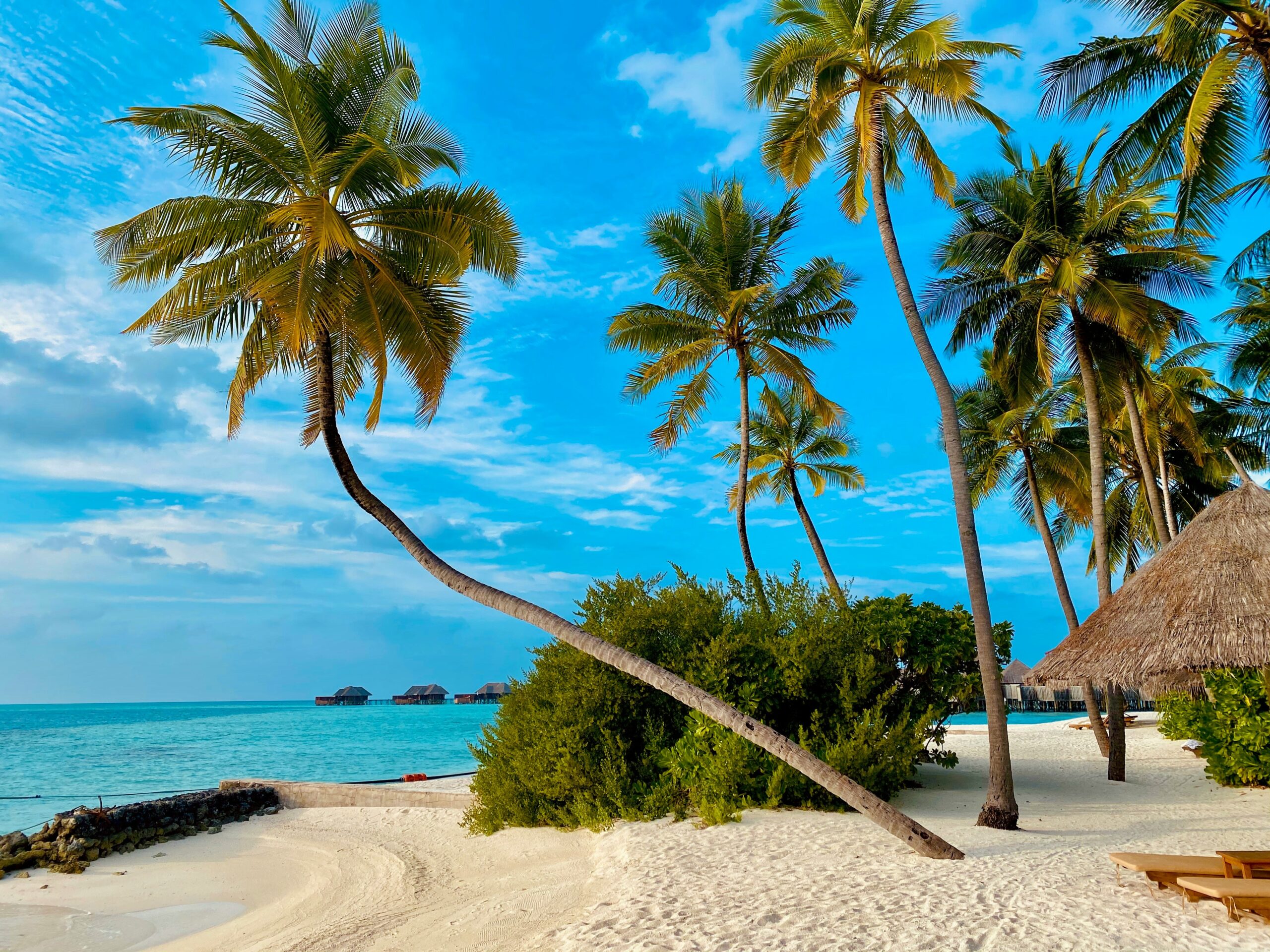
Is the Travel Minimalist Lifestyle for You? Who Thrives & Who Doesn't
This lifestyle isn't for everyone—and that's okay.
You'll thrive if you:
Crave freedom and change
Can function with little structure
Enjoy solitude as much as connection
Prefer experiences over things
Are comfortable being a little uncomfortable
You might struggle if you:
Need a fixed routine
Thrive in familiarity and physical comfort
Prefer long-term nesting over constant change
Get easily overwhelmed by logistical details
If you're curious but hesitant, try it out for 1-2 months with a limited itinerary. Minimalism doesn't have to be extreme; it just has to be intentional.
Key Takeaways & Final Thoughts
Minimalism isn't about deprivation—it's about liberation. And when paired with the digital nomad lifestyle, it becomes a superpower. I've learned that happiness doesn't come from amassing possessions or a full closet. It comes from being free to move, free to choose, and free to live intentionally.
Sure, there were days when I missed consistency. When I wished I didn't have to set up my workspace again. But those moments pale in comparison to the joy of catching a sunset in a new city, or reconnecting with a friend I hadn't seen in years.
If you're drawn to the idea of carrying less and living more, know this: travel minimalism isn't just a trend. It's a mindset and a lifestyle—a doorway to a life filled with clarity, presence, and endless possibility. And sometimes, all it takes to open that door is a suitcase—and the courage to pack it lightly.
About the author
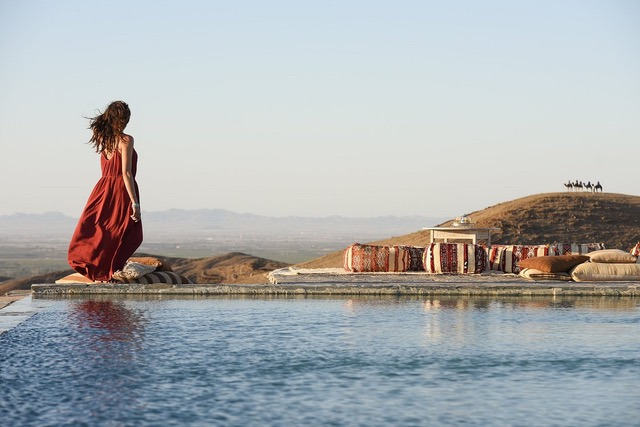
Subscribe
-
 Journeys Inward, The Japanese Way
Journeys Inward, The Japanese Way -
 A Dazzling new Era for ancient wonders The Gran Egyptian Museum
A Dazzling new Era for ancient wonders The Gran Egyptian Museum -
 What Really Makes the World Go Round
What Really Makes the World Go Round -
 WA Ale, Eco-Luxury Redefined on Myanmar’s Remote Shores
WA Ale, Eco-Luxury Redefined on Myanmar’s Remote Shores -
 Editor's Note, Leave It Better Than You Found It
Editor's Note, Leave It Better Than You Found It






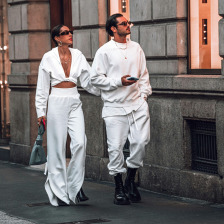
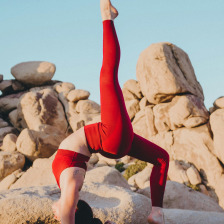
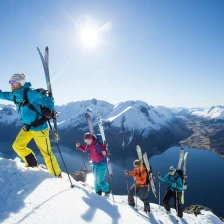

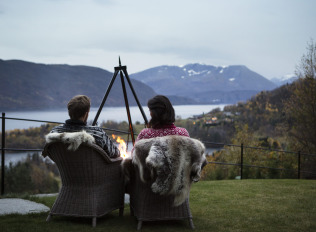
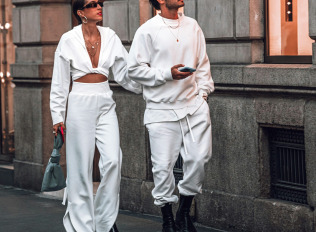
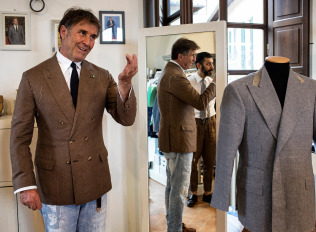
Leave a Reply